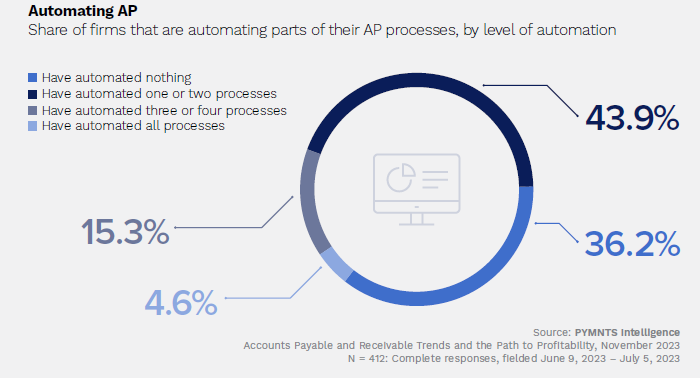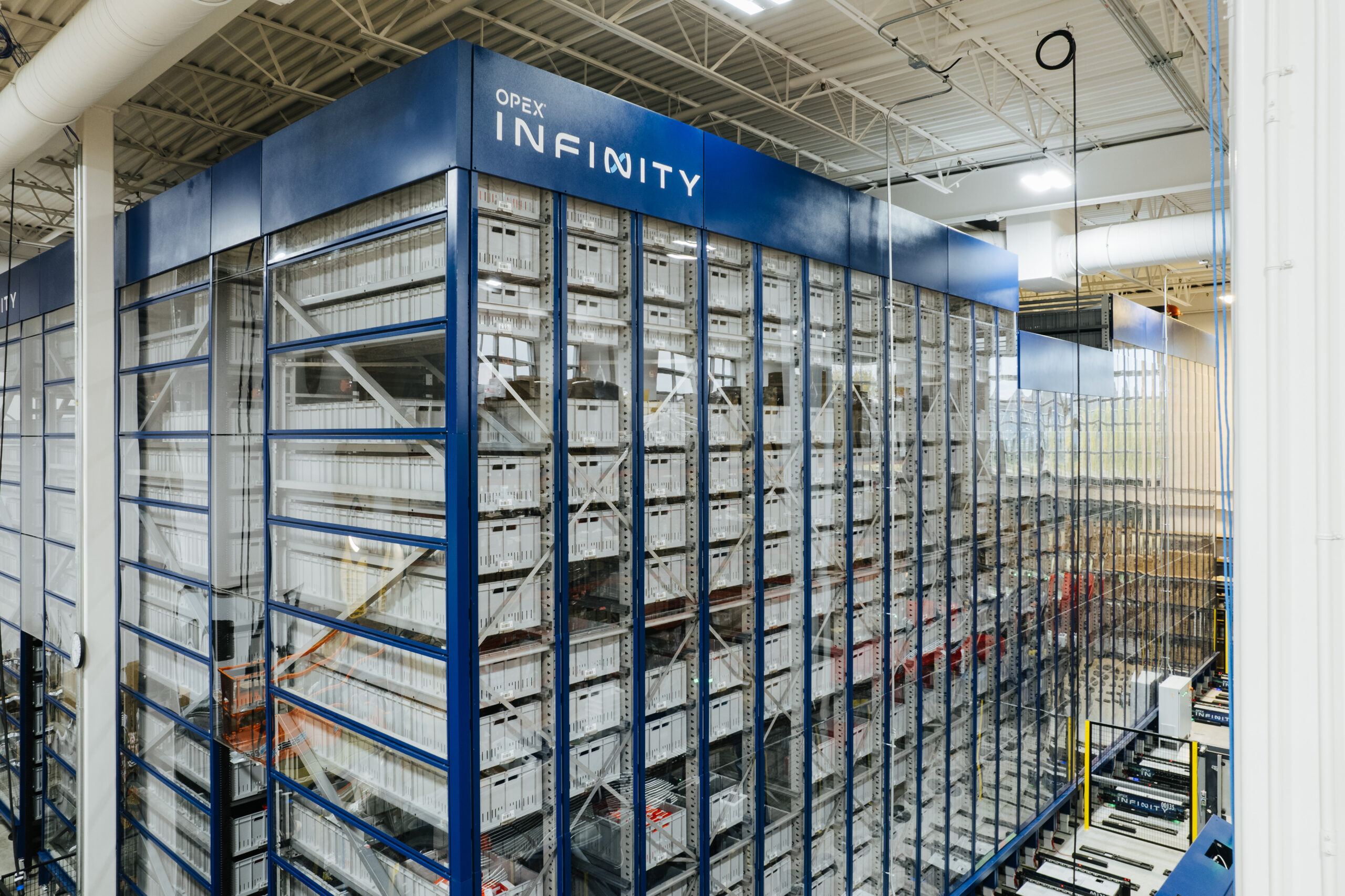A strange vibration is coming in the 2020s as driverless vehicles are set in motion. A whole generation has a new explanation for the future of mobility, but instead of flowers in their hair, technology is the new love-in there. If you’re going to San Francisco, be aware of a supercharged initiative that will likely transform the automotive industry and the ways people operate all across the nation.
Summertime: In a contentious vote, California regulators gave the green light to Alphabet’s Waymo (GOOGL, GOOG) and General Motors’ Cruise (GM) to expand the breadth and location of their operations. The companies, which collectively have more than 500 autonomous vehicles already operating in San Francisco, will be able to take paying passengers without a human safety driver during the day or at night, and throughout the entire city. Waymo will also be permitted to drive in inclement weather, and at speeds of up to 65 miles per hour, while Cruise will be limited to a speed of 35 mph.
“While we don’t yet have the data to judge AVs against the standard that humans are setting, I do believe in the potential of this technology to increase safety on the roadway,” said California Public Utilities Commissioner John Reynolds. The technologists agree, citing the elimination of human error and challenging the “inaccessible transportation status quo.” On the other side of the debate were residents, as well as police and fire departments, frustrated at the potential for traffic incident interference, or job threats to human drivers of Uber (NYSE:UBER) and Lyft (LYFT) – which are also based in San Francisco.
Expensive endeavor: GM (GM) has been shelling out around $2B a year to make the self-driving dream a reality, hoping to gain from a first-mover advantage that’s also being sought after by Tesla (TSLA) and Amazon’s (AMZN) Zoox. The strategy is part of CEO Mary Barra’s plan to double the automaker’s revenue by 2030, though its Cruise subsidiary only recorded $102M in revenue last year, compared to $3.3B in expenses. Regarding Waymo, Investing Group Leader Stone Fox Capital argued that drastic cuts weren’t needed after shareholders in November urged the tech giant to slash its losses, while SA analyst Albert Lin penned an article on what Alphabet (GOOGL, GOOG) would look like without its “Other Bets” category. (4 comments)
The odds of the Federal Reserve leaving its current policy rate unchanged have risen after the latest inflation data showed prices continuing to moderate. The Consumer Price Index held steady in July, rising 0.2% as expected, though services inflation remained sticky, driven by elevated rental costs. Following the prints, Victor Dergunov said in a Wall Street Lunch podcast that similar readings could lead to a Fed pivot early next year, adding that “we pretty much hit the Goldilocks zone.” Traders also initially cheered the CPI report, but Fed speaker Mary Daly’s hawkish-leaning comments led the markets to lose some steam. (194 comments)
Tapestry’s (TPR) purchase of Capri Holdings (CPRI), which flies in the face of Amazon’s (AMZN) recent move to cut private-label brands, has drawn largely positive reviews. The combination of Coach, Kate Spade, and Stuart Weitzman together with Versace, Jimmy Choo, and Michael Kors is said to create a new powerful global luxury house that is anticipated to deliver immediate value. Wells Fargo said the $8.5B deal positions Tapestry to own the affordable luxe handbag market in the U.S., but the threat to high-end behemoth LVMH (OTCPK:LVMHF) seems limited for now, given the latter’s sheer size and diversification. Knee-jerk trading on Thursday saw TPR shares end down 16%, while CPRI finished the session 56% higher. (3 comments)
As China slides into deflation, President Biden called the country a “ticking time bomb” that puts the rest of the world at risk. At a political fundraiser, he pointed to China’s economic slowdown, the fact that people of retirement age outnumber those of working age, and referred to the Belt and Road Initiative as a “debt and noose.” “They got some problems,” Biden declared. “That’s not good because when bad folks have problems, they do bad things.” China has been grappling with slumping trade, deflationary worries and soaring youth unemployment, and the latest statements come a day after the White House restricted U.S. investments in China, raising concerns of aggressive retaliation. (19 comments)










